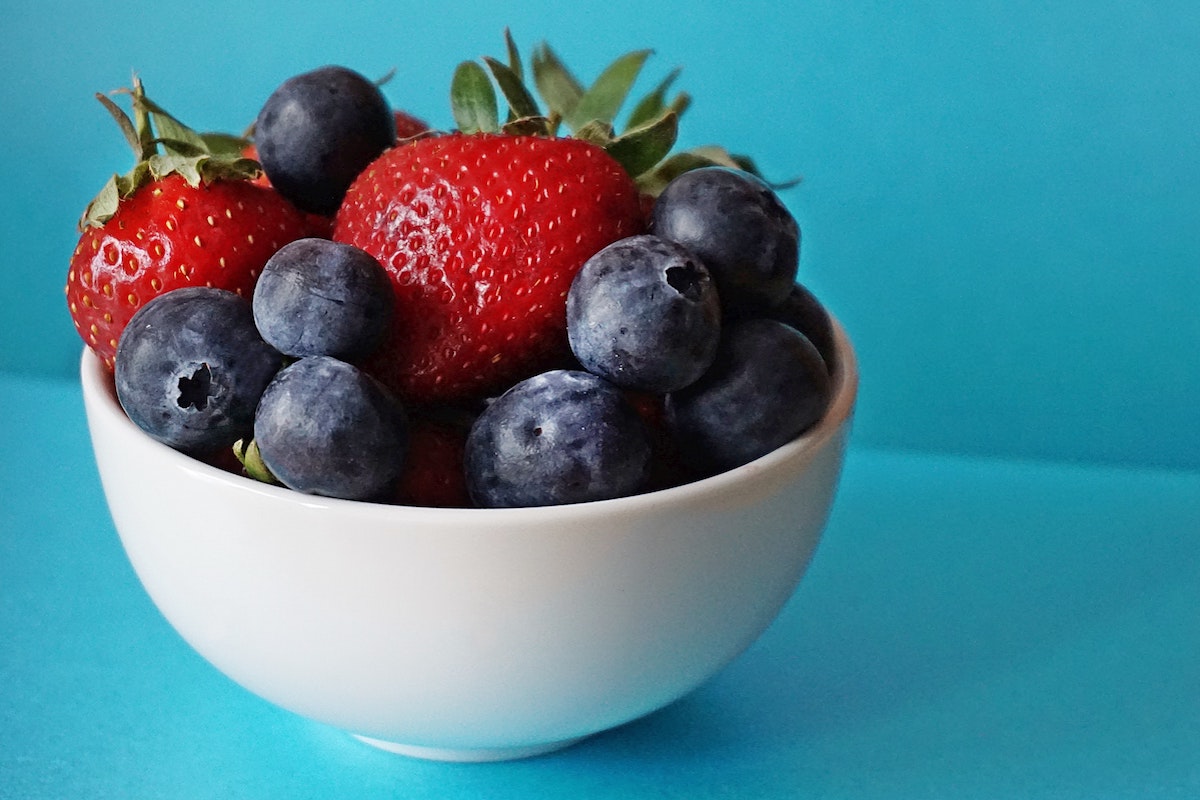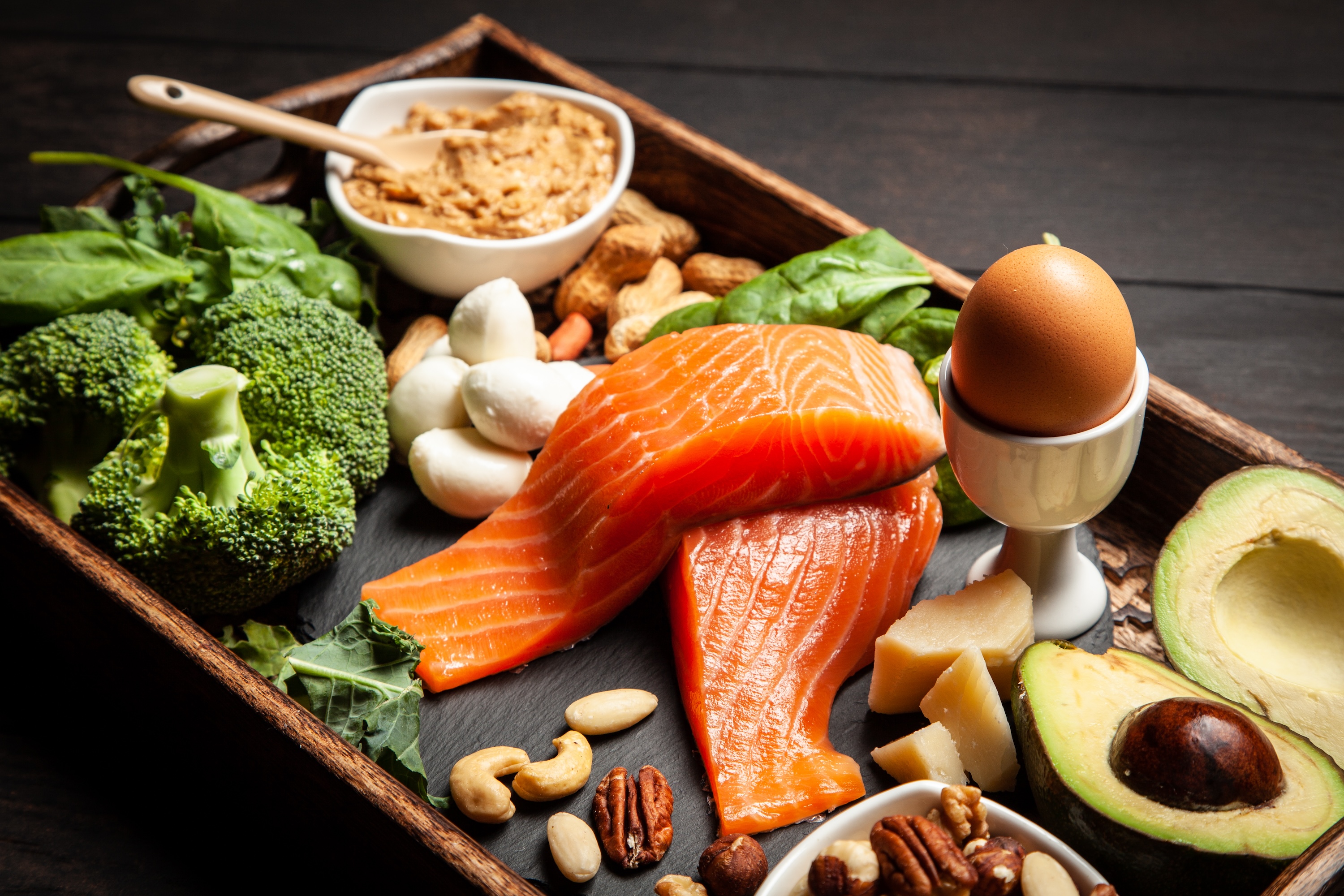Carbohydrates are a very important part of most people’s diets, and carb loading has been an athletic tradition for years. These days, though, with keto, low-carb, and carnivore diets gaining in popularity, many people are feeling torn. Are carbs a key nutrient group, or will they sabotage your weight loss and your health?
The truth, as it usually is, is more complicated than that. Carbohydrates are an important food group and can be a useful part of your diet, but some carbs are much healthier than others. Refined grains and sugar are carbs, but so are whole grains, many fruits and vegetables, and widely respected health foods like nuts, quinoa, and chickpeas.
In this article, we’ll dive into the differences between healthy and unhealthy carbs and provide you with many examples of healthy carbs that will help maintain your energy levels throughout the day.
What are carbohydrates?

Carbohydrates are a type of macronutrient, meaning a key food group that makes up an important part of your diet. They provide most of your body’s energy. This group of foods includes starch, sugar, and fiber, although fiber isn’t digested and doesn’t contribute to calories.
On a molecular level, all carbohydrates are made out of sugars. Pure sugars, like glucose, sucrose, and fructose, are combined into long chains to form more complex carbohydrates, like the ones found in potatoes and flour. Your body breaks down these long starch chains back into the basic sugars, which it uses to create energy.
Incidentally, this is why people have such a craving for sweet foods. They provide a lot of energy, and when our ancestors were hunting and gathering, being highly attuned to the presence of sugar helped them locate fruits and high-quality energy sources. In the modern world, where we can have heaping piles of sugar and sugary snacks, that instinct is not very helpful anymore.
What makes a carb healthy?

Highly processed carbohydrates have a high glycemic index (GI), which measures how much and how quickly they increase your blood sugar. This is an important measurement for people with diabetes, but even for people without diabetes, low GI foods are much healthier. For example, a sharp spike in blood sugar leads to a quick crash, which means more sugar cravings and more snacking.
A healthy carb, then, is one with a low glycemic index, which will give you more steady energy throughout the day rather than a sharp spike and crash. Healthy carbs also often contain other useful nutrients, like nuts and beans, with their higher protein content.
What foods contain healthy carbs?

There are lots of surprisingly healthy high-carb foods available. This list isn’t all of them, but many items on this list contain nutrients like protein and vitamins, have a low glycemic index, and will give you lasting energy, not just a quick spike.
- Whole wheat (including whole-wheat bread, pasta, pancakes, etc.)
- Beans
- Fruit
- Nuts (except for coconuts, chestnuts, and hazelnuts, which have a much higher glycemic index)
- Potatoes
- Corn (whole corn – not corn flour or cornstarch)
- Quinoa
- Dried fruit
- Chickpeas (and hummus, which is made from chickpeas)
- Root vegetables (such as carrots, beets, and parsnips)
- Oats and other whole-grain cereal
- Sweet potatoes/yams
- Squash (winter squash, pumpkin, butternut squash, etc.)
- Amaranth
- Brown rice
How do carbs benefit the body?

Carbs are the body’s major source of energy. Eating more carbs will benefit you mostly by providing plenty of energy for all the body’s tasks. That’s why people on the keto diet often feel a lack of energy for the first few days as the body transitions into ketosis, the state of burning mostly fat instead of carbs for energy.
High-carb vs low-carb diets

High-carb diets are good for providing energy and, when coupled with protein, can be helpful for building muscle as well.
Low-carb diets are good for weight loss, both directly (because foods high in carbs usually increase fat) and indirectly (because reducing carbs also reduces food cravings and hunger). Eating fewer carbs may also reduce inflammation.
Frequently asked questions

What is the best carb for weight loss?
There’s never one single best food, but dried fruit can be very helpful for weight loss. They contain vitamins as well as carbs, and you can use them for a healthier snack than chips. For meals, quinoa is one of the best options.
What are the top five worst carbs?
Refined grains like white bread and crackers have all the carbohydrates of these healthy foods without any of the other healthy ingredients. Chips are similarly lacking and also loaded down with unhealthy fat. Refined sugars, like those found in soda and candy, are also carbs and are very unhealthy.
What carbs should I eat to lose belly fat?
Any of these healthy carbs can help you lose weight, in combination with a healthy diet in other areas and good exercise. Obviously, no one food can cause you to lose weight automatically by itself, but any of these can be part of your weight loss.




